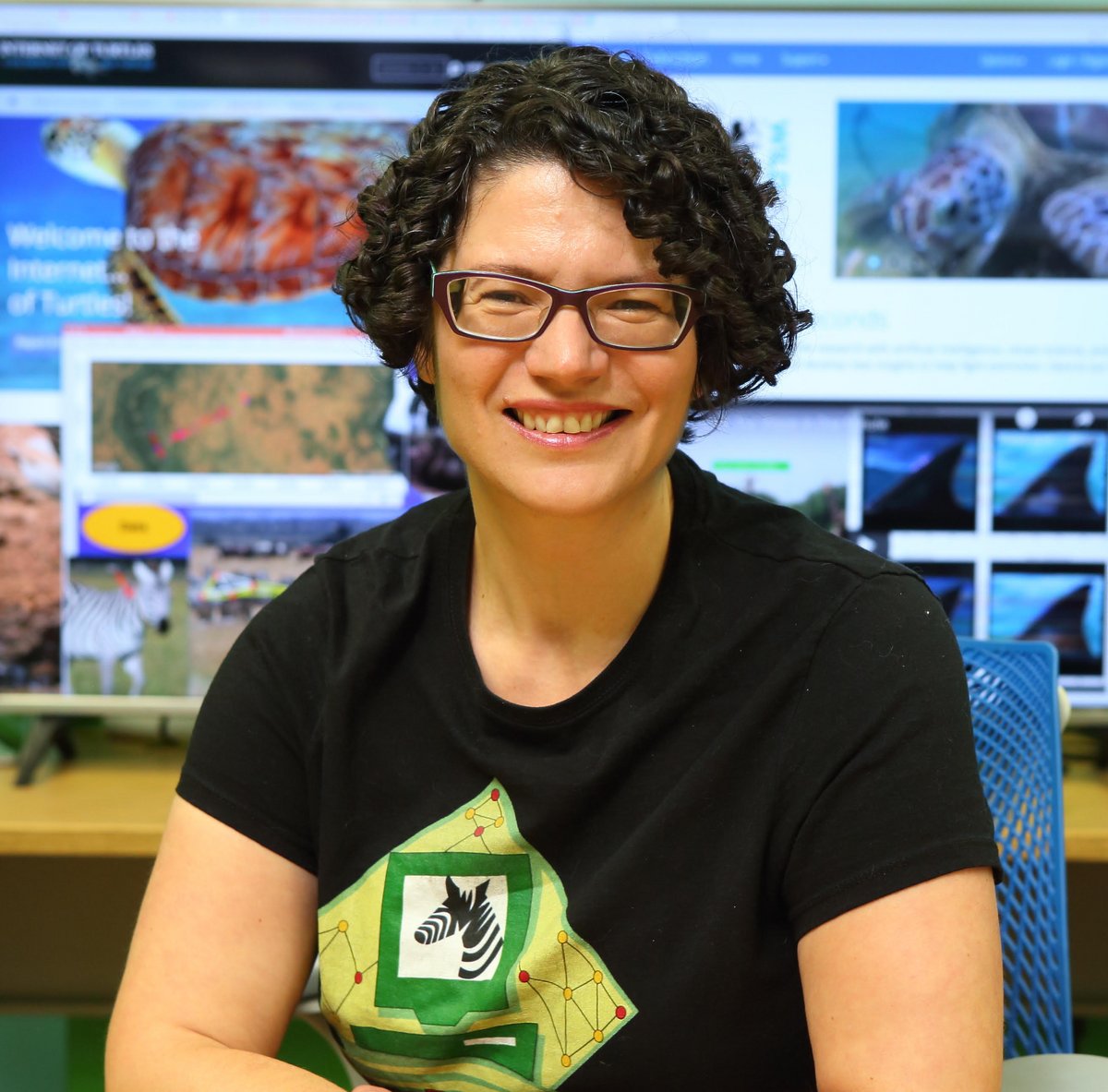CASCB seminar series talk: Data Science for Ecology and Conservation
Time
Monday, 8. February 2021
15:45 - 16:45
Location
online
Organizer
Centre for the Advanced Study of Collective Behaviour
Speaker:
Tanya Berger-Wolf, Ohio State University
This event is part of an event series „This event is part of CASCB Seminar Series“.
Join Zoom Meeting
Meeting ID: 922 9588 6343
Tanya Berger-Wolf is a Professor of Computer Science and Engineering, Electrical and Computer Engineering, and Evolution, Ecology, and Organismal Biology at the Ohio State University, where she is also the Director of the Translational Data Analytics Institute. As a computational ecologist, her research is at the unique intersection of computer science, wildlife biology, and social sciences. Berger-Wolf is also a director and co-founder of the AI for conservation software non-profit Wild Me, home of the Wildbook project, which enabled the first ever full census of the entire species, the endangered Grevy's zebra in Kenya, using photographs from ordinary citizens. Wildbook has been featured in media, including The New York Times, CNN, and National Geographic.
Prior to coming to OSU in January 2020, Berger-Wolf was at the University of Illinois at Chicago. Berger-Wolf holds a Ph.D. in Computer Science from the University of Illinois at Urbana-Champaign. She has received numerous awards for her research and mentoring, including University of Illinois Scholar, UIC Distinguished Researcher of the Year, US National Science Foundation CAREER, Association for Women in Science Chicago Innovator, and the UIC Mentor of the Year.
Data Science for Ecology and Conservation
Computation has fundamentally changed the way we study nature. New data collection technology, such as GPS, high-definition cameras, UAVs, genotyping, and crowdsourcing, are generating data about wild populations that are orders of magnitude richer than any previously collected. Unfortunately, in this domain as in many others, our ability to analyze data lags substantially behind our ability to collect it. In this talk I will show how computational approaches can be part of every stage of the scientific process of understanding animal sociality, from intelligent data collection (crowdsourcing photographs and identifying individual animals from photographs by stripes and spots - Wildbook.org) to hypothesis formulation (by designing a novel computational framework for analysis of dynamic social networks), and provide scientific insight into collective behavior of zebras, baboons, and other social animals.

